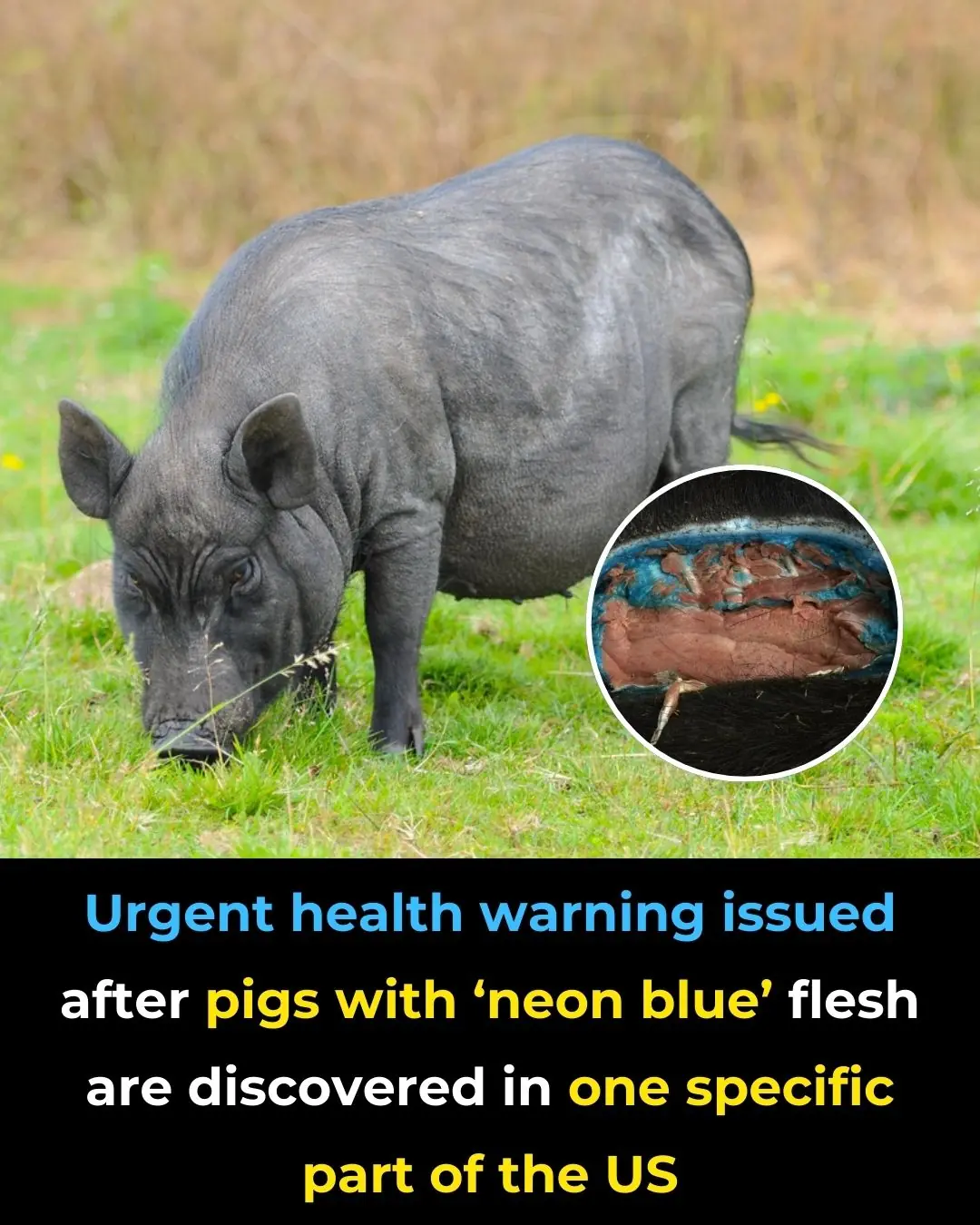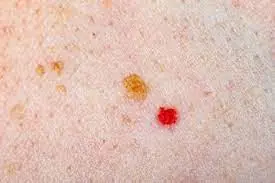
Parasite Cleanses: Do They Really Improve Your Gut Health — and Are They Safe?
🧬 Parasite Cleanses: Do They Really Improve Gut Health — and Are They Safe?
Parasite cleanses have gained popularity online, often promoted as a way to detoxify the body, improve digestion, and boost energy. But do they actually work? And more importantly, are they safe?
Let’s explore what science says about parasite cleanses, who might benefit from them, and what risks you should consider before trying one.
🦠 What Are Parasite Cleanses?
Parasite cleanses are dietary or supplement-based regimens designed to eliminate intestinal parasites—organisms like worms or protozoa that live in the digestive tract. These cleanses often include:
-
Herbal supplements (e.g., wormwood, black walnut, clove)
-
Fiber-rich foods
-
Natural laxatives
-
Fasting or elimination diets
Some cleanses also recommend avoiding sugar, dairy, and processed foods to “starve” parasites.
🧪 Do You Really Have Parasites?
Despite online claims, most people in developed countries do not have intestinal parasites unless they’ve traveled to regions with poor sanitation or consumed contaminated food or water.
Common symptoms of parasitic infection include:
-
Chronic diarrhea or constipation
-
Unexplained fatigue
-
Abdominal pain or bloating
-
Weight loss
-
Itchy skin or rashes
However, these symptoms can also be caused by other conditions like IBS, food intolerances, or stress. A proper diagnosis requires stool testing and medical evaluation.
🧠 Can Cleanses Improve Gut Health?
There’s limited scientific evidence that parasite cleanses improve gut health in people without confirmed infections. In fact, some cleanses may disrupt the gut microbiome or cause side effects like dehydration, nutrient loss, or electrolyte imbalance.
Potential benefits (if used appropriately):
-
May help eliminate parasites in diagnosed cases
-
Could reduce inflammation and digestive discomfort
-
Might improve nutrient absorption post-treatment
Risks to consider:
-
Herbal supplements can interact with medications
-
Overuse of laxatives may harm gut lining
-
Cleanses may mask underlying health issues
🩺 What Do Doctors Say?
Most healthcare professionals recommend against self-prescribing parasite cleanses without medical supervision. If you suspect a parasitic infection, the safest route is:
-
See a doctor or gastroenterologist
-
Get tested (stool sample, blood work)
-
Use prescription antiparasitic medications if needed
Expert insight: “There’s no evidence that routine parasite cleanses are necessary for healthy individuals,” says Dr. Niket Sonpal, a board-certified internist and gastroenterologist.
🌿 Are There Safer Alternatives?
If you're looking to support gut health naturally, consider these safer, evidence-based strategies:
-
Eat fermented foods (yogurt, kimchi, kefir) to boost good bacteria
-
Increase fiber intake with fruits, vegetables, and whole grains
-
Stay hydrated and reduce processed foods
-
Manage stress, which affects gut-brain communication
Bonus tip: Probiotics and prebiotics can help maintain a balanced microbiome without the risks of harsh cleanses.
🧭 Final Thoughts
Parasite cleanses may sound appealing, especially with viral testimonials and dramatic “before and after” stories. But for most people, they’re unnecessary—and potentially harmful—without a confirmed diagnosis. Gut health is best supported through balanced nutrition, hydration, and medical guidance when needed.
If you’re experiencing digestive symptoms, don’t guess—get tested. And if you’re curious about natural ways to improve your gut, I can help you build a personalized wellness plan.
News in the same category

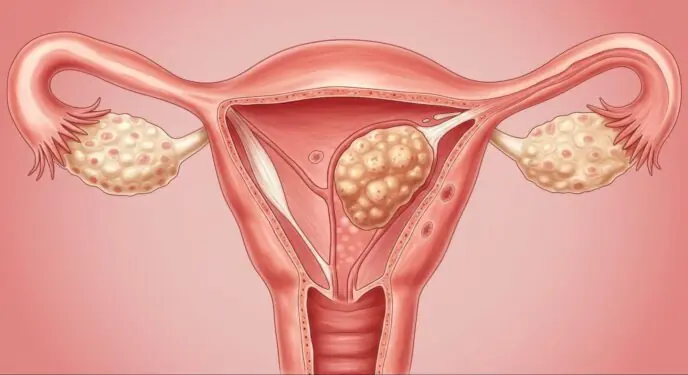
7 Warning Signs You May Have Uterine Fibroids

8 Teas to Drink for a Healthier Body and Mind
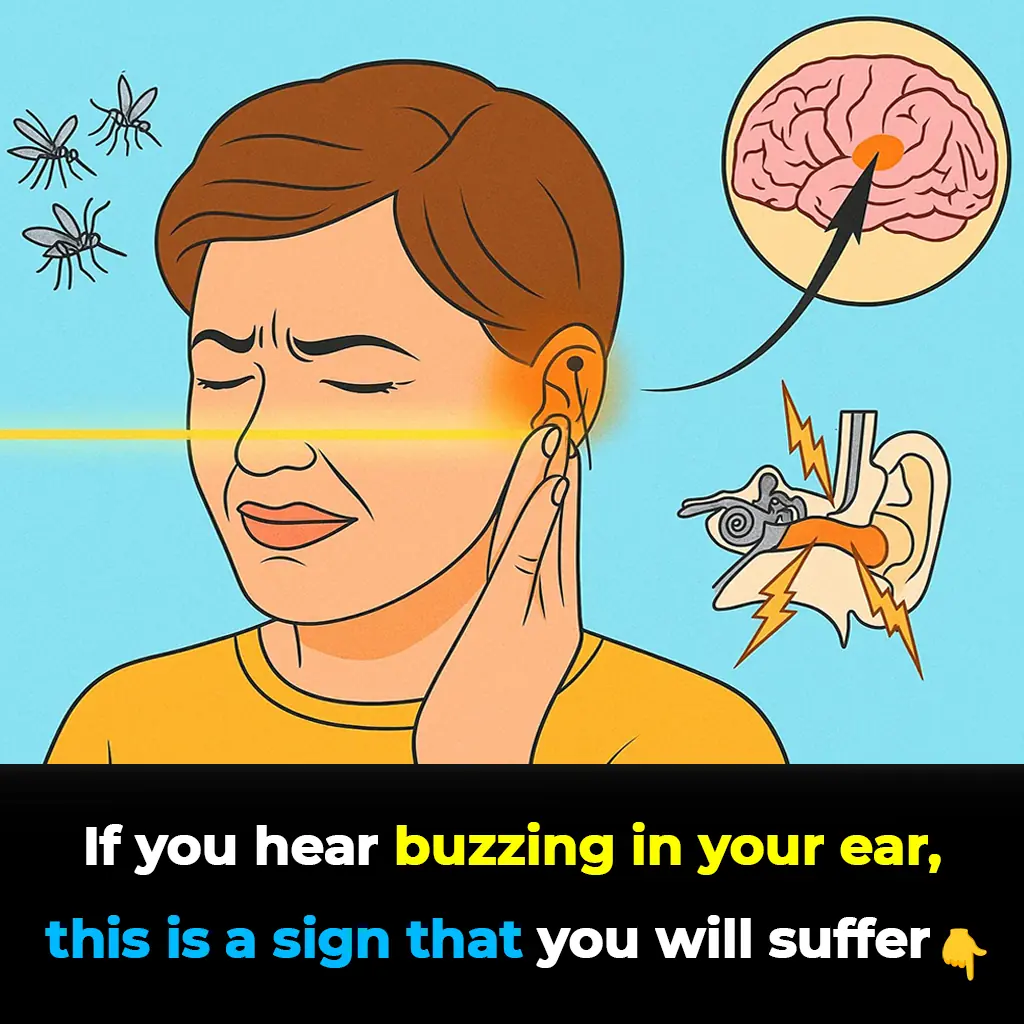
The Hidden Truth About Tinnitus: Why That Ringing in Your Ears Shouldn’t Be Ignored
Over time, repeated noise trauma damages tiny hair cells inside the cochlea, which cannot regenerate, resulting in permanent hearing changes and tinnitus.

DIY Turmeric & Ginger Shots to Fight Inflammation, Boost Immunity & Soothe Your Gut

Coconut water: Is It Good for You, Nutrition, Benefits, Side Effects (Science Based)

Clean Arteries: 10 Foods to Eat Daily
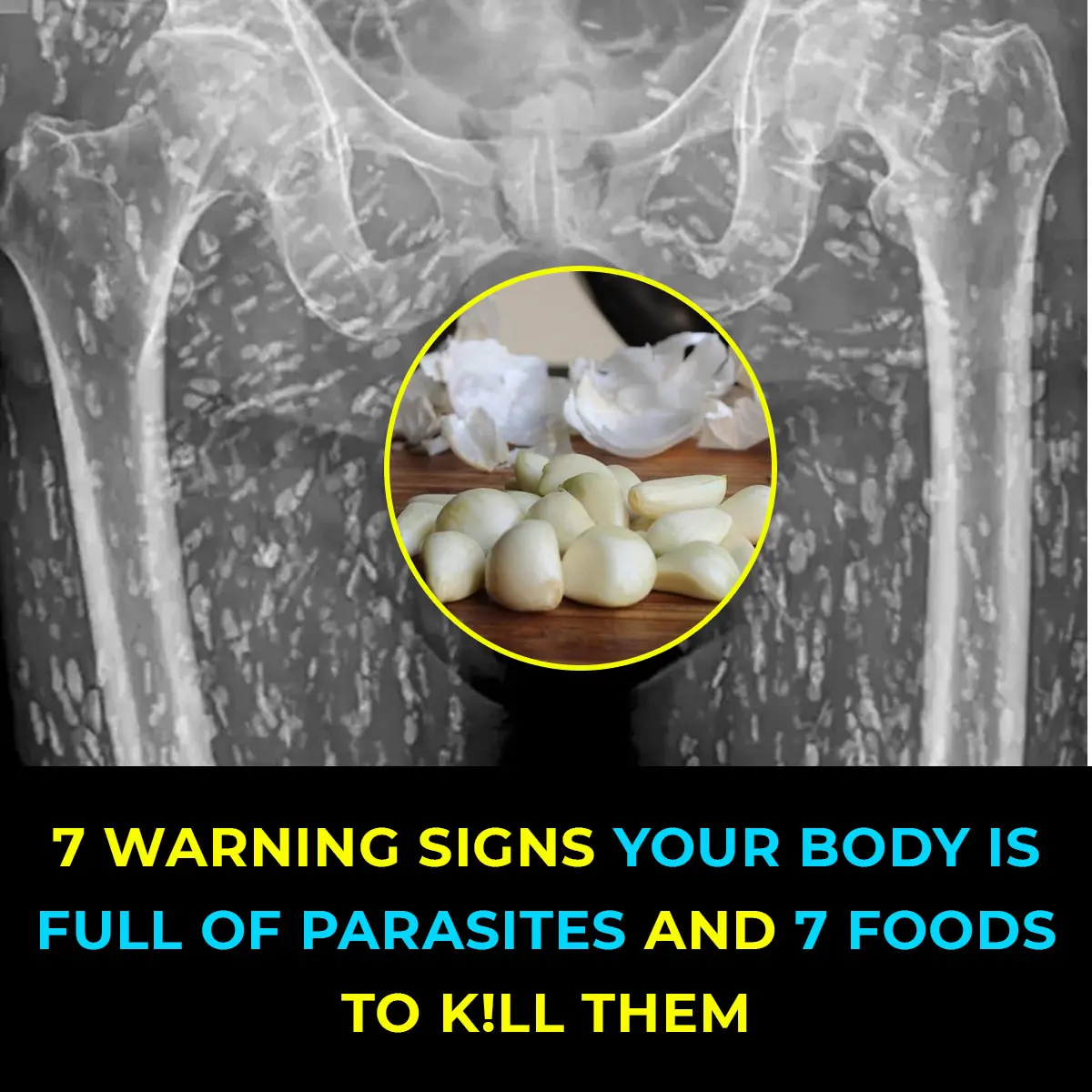
10 Warning Signs of Parasites in Your Body
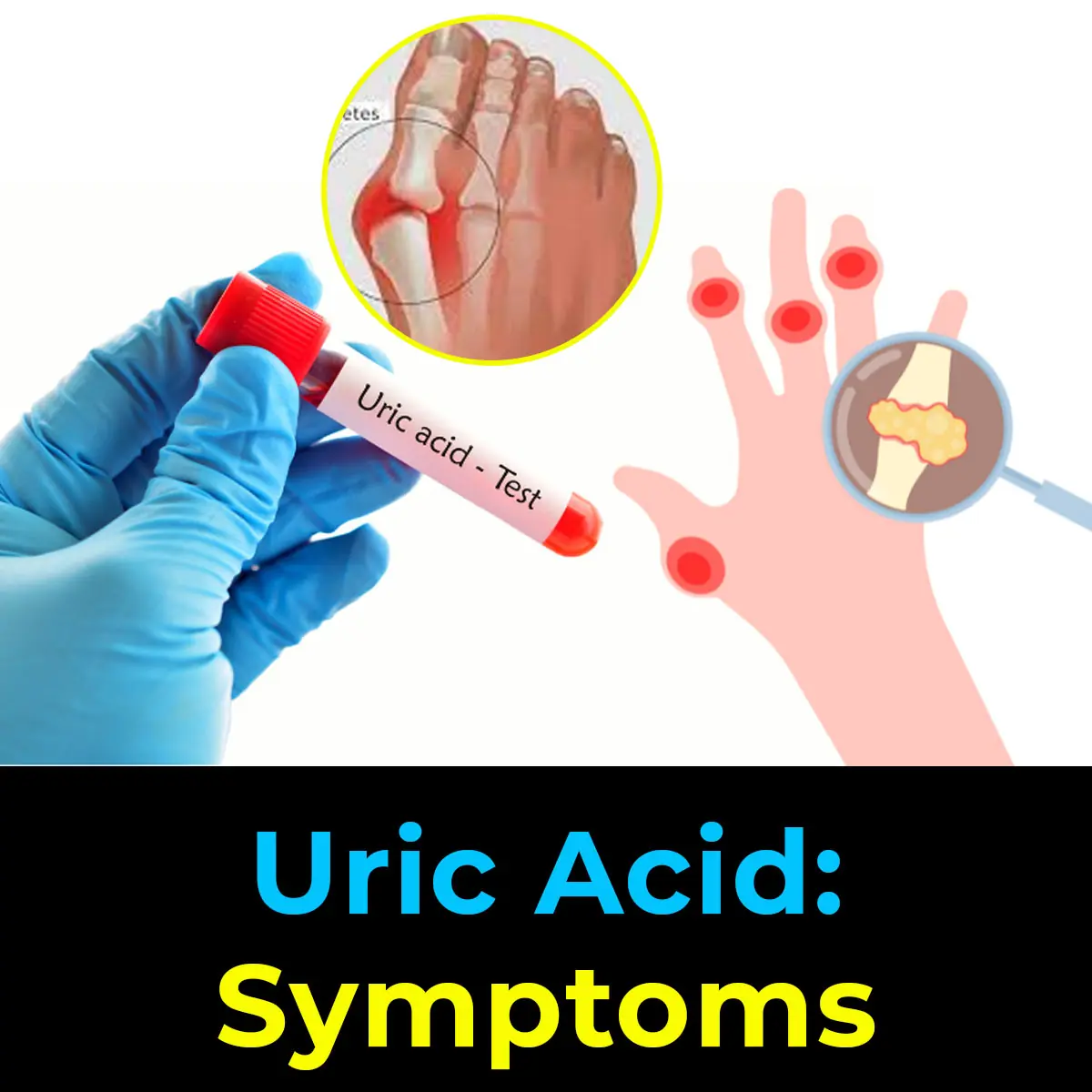
Diet and Uric Acid: Foods to Avoid for Gout Prevention

8 Foods That Help Eliminate Cancer Cells
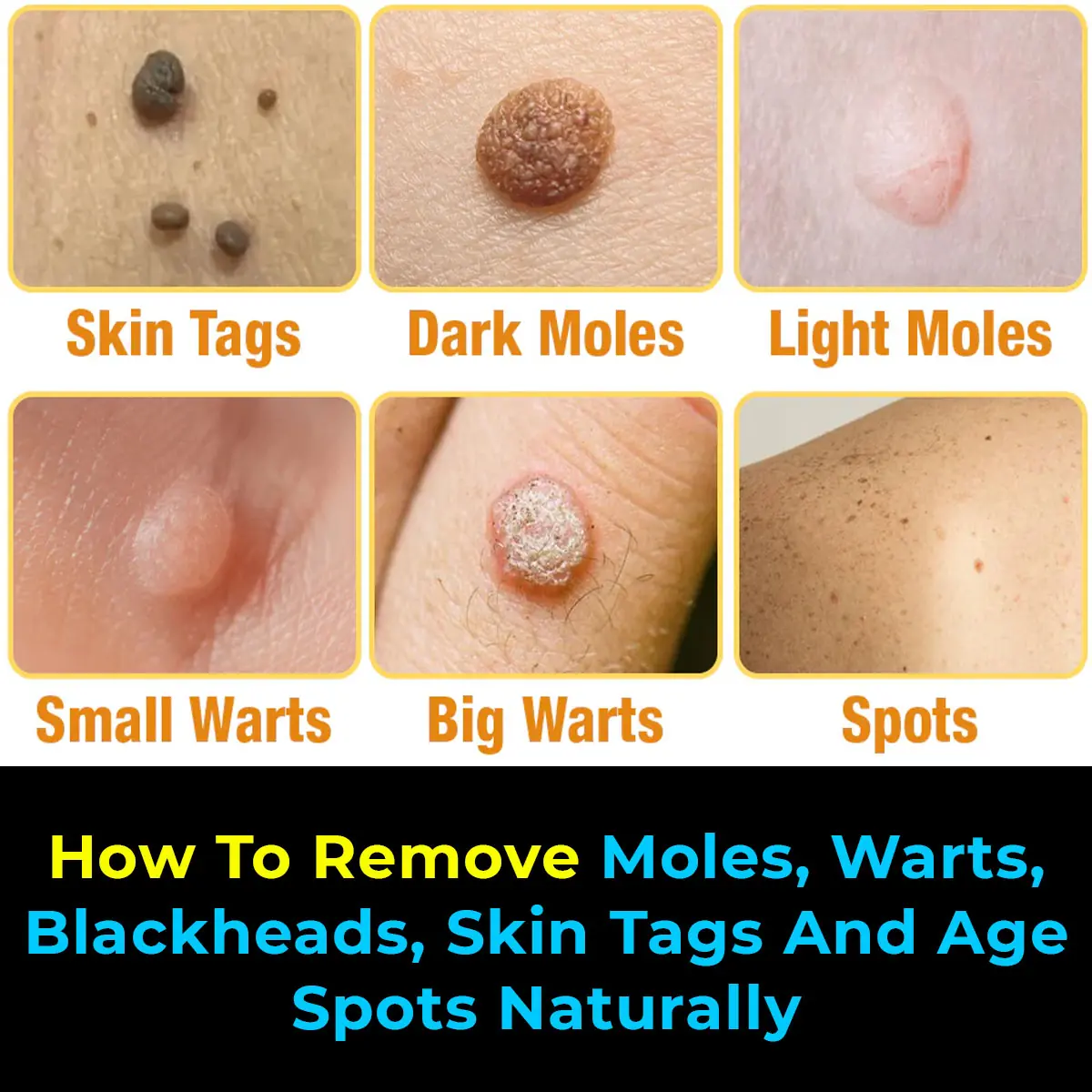
Natural Remedies to Address Skin Tags, Warts, and Blackheads
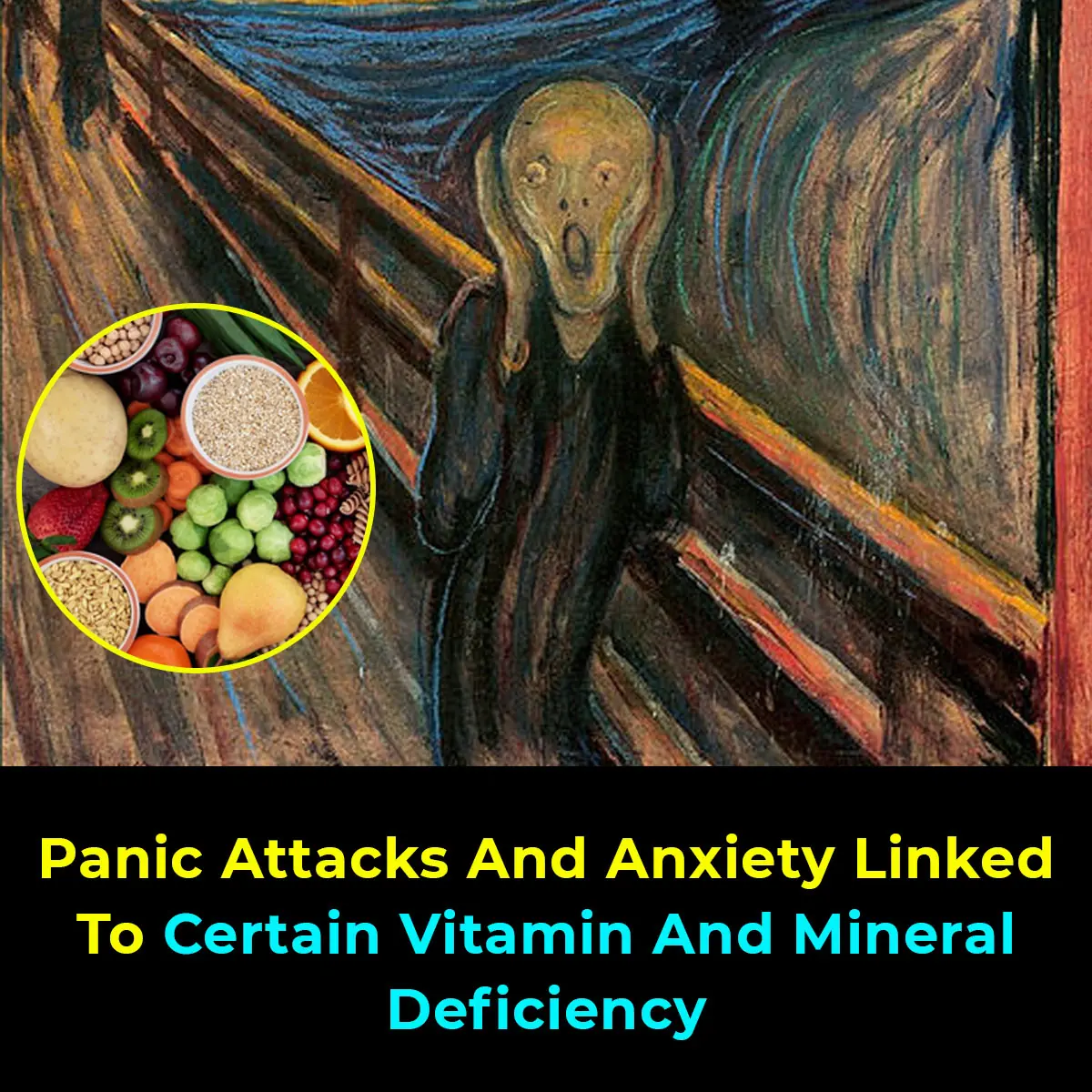
The Deficiency of These Vitamins Contributes to Panic Attacks

25-Year-Old Groom Dies from Acute Liver Failure After Eating Chicken – Doctors Warn of One Critical Danger!
Doctors caution people with pre-existing liver conditions, weakened immune systems, or chronic illnesses to exercise extra care when handling poultry and other high-risk.
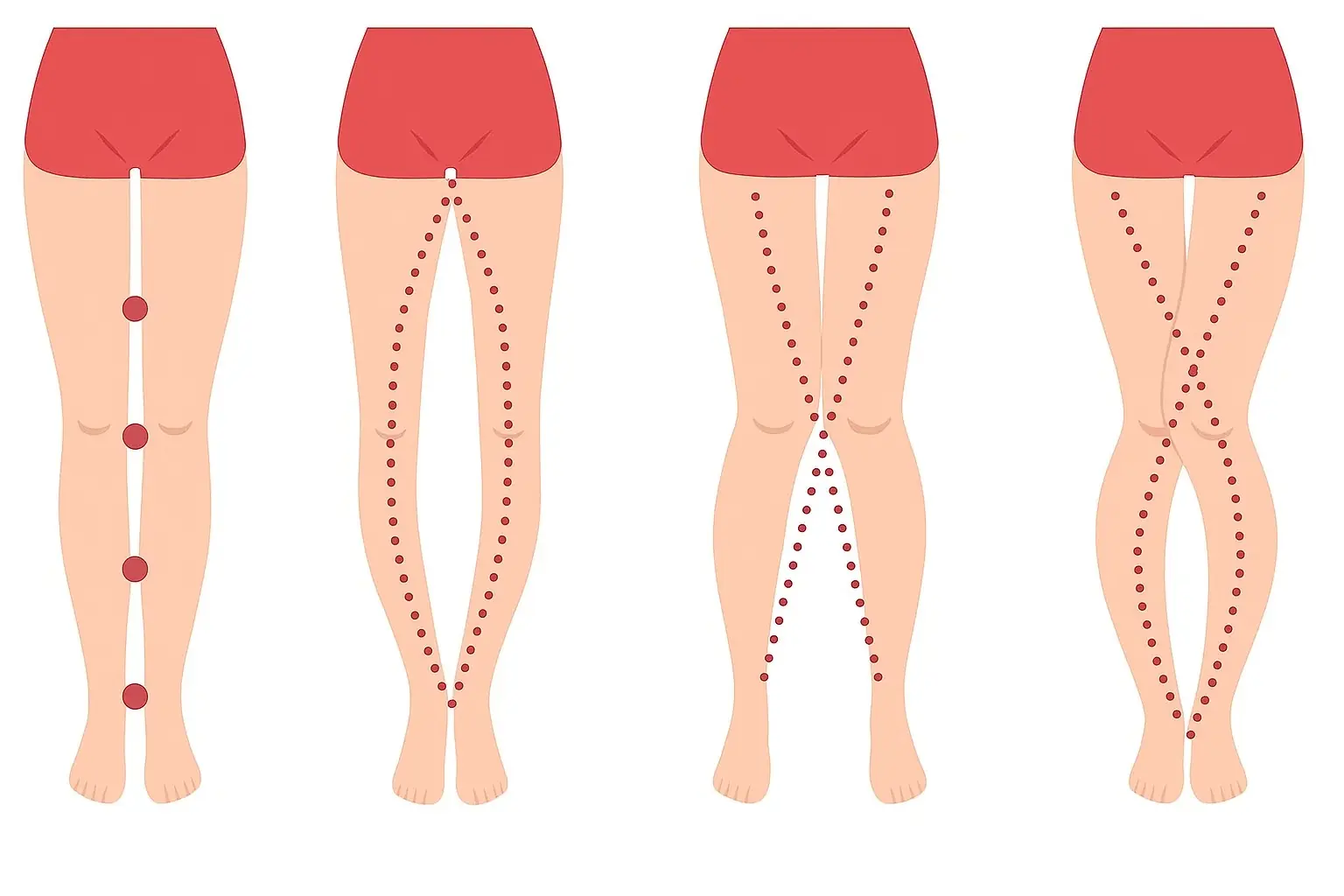
What Your Legs Can’t Say, Your Vagina Can — The Truth About the Female Body Most People Don’t Know
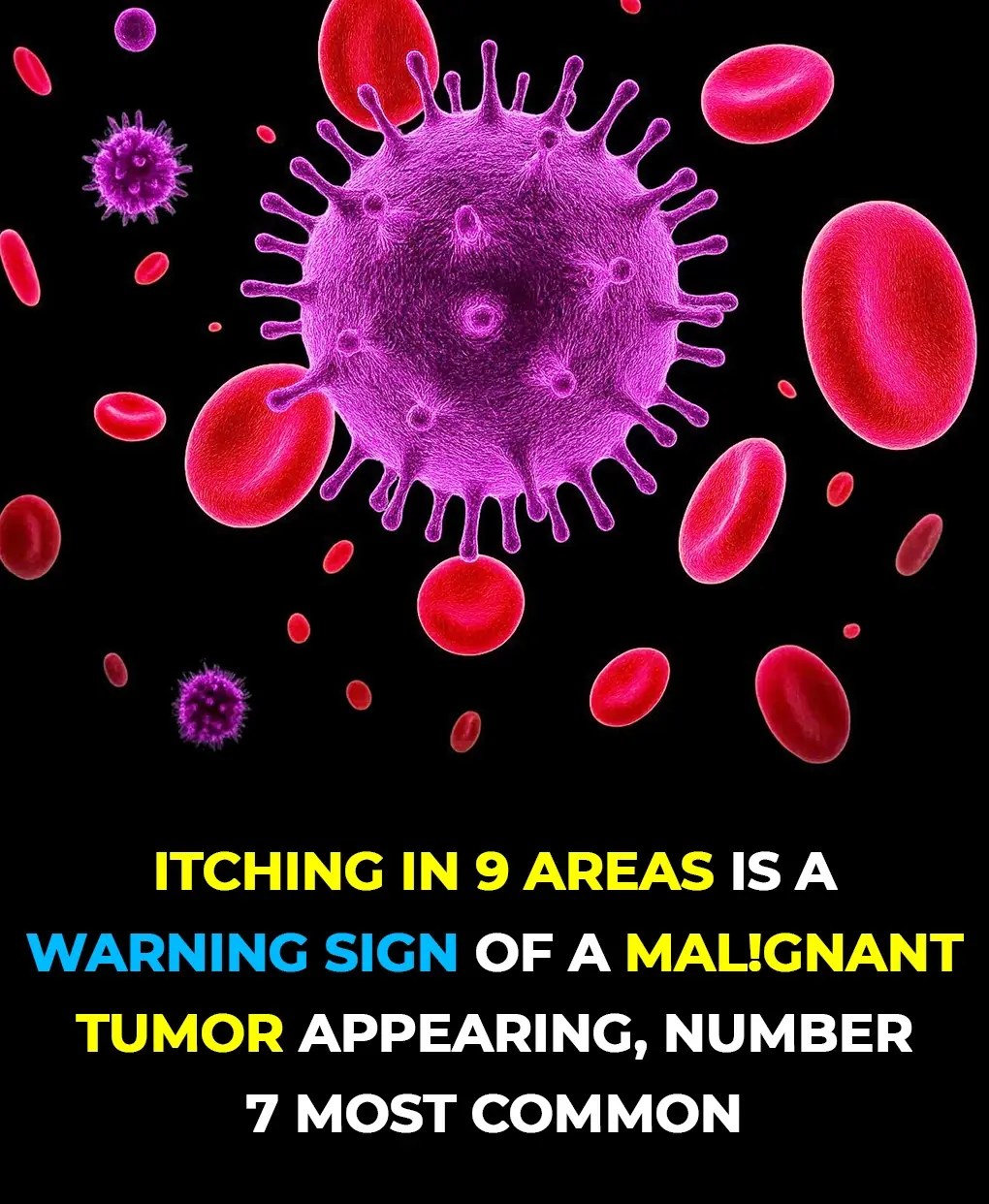
9 Areas Where Itching Could Signal Malignant Tumors — #7 Happens Most Often

The World’s Deadliest Food Kills 200 People Every Year — Yet 500 Million Still Eat It
Despite its deadly reputation, millions of people continue to eat this every day without issue.
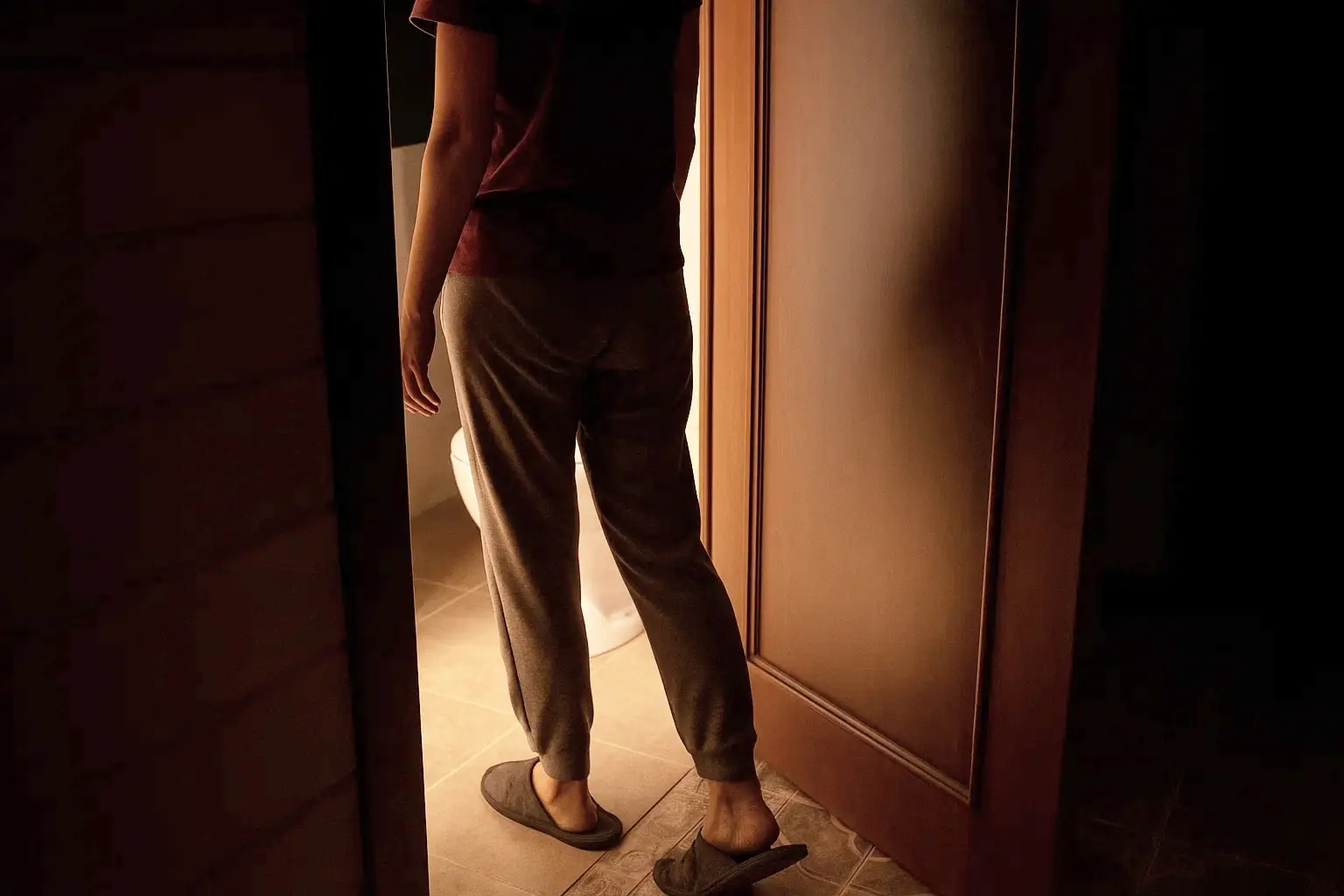
Everything You Need to Know About Nighttime Urination And When To Start Worrying

Doctor Warns on TikTok: The Hidden Dangers of Kissing the Dying

Boosting Fertility: The Surprising Power of Lifestyle on Semen Quality and Reproductive Health
In many cases, the most effective solutions are already within reach—on your plate, in your daily habits, and in the way you manage your mental well-being.
News Post

Red Spots on Skin: Causes, Treatments, and More (Extensive Guide)

Why a Cat Rubs Against You

True Meaning When Black Butterflies Visit You

7 Warning Signs You May Have Uterine Fibroids

8 Teas to Drink for a Healthier Body and Mind

The Hidden Truth About Tinnitus: Why That Ringing in Your Ears Shouldn’t Be Ignored
Over time, repeated noise trauma damages tiny hair cells inside the cochlea, which cannot regenerate, resulting in permanent hearing changes and tinnitus.

DIY Turmeric & Ginger Shots to Fight Inflammation, Boost Immunity & Soothe Your Gut

Coconut water: Is It Good for You, Nutrition, Benefits, Side Effects (Science Based)

Clean Arteries: 10 Foods to Eat Daily

10 Warning Signs of Parasites in Your Body

Diet and Uric Acid: Foods to Avoid for Gout Prevention

Hiker Encounters Massive Snake Camouflaged Along South Carolina Creek

8 Foods That Help Eliminate Cancer Cells

David Quammen, the COVID Predictor Warns of New Pandemic Threats

Natural Remedies to Address Skin Tags, Warts, and Blackheads

Tips for Selecting Fresh Pork at the Market

The Deficiency of These Vitamins Contributes to Panic Attacks

Researchers Find Higher Intelligence Is Correlated With Left-Wing Beliefs and Seems to Be Genetic
